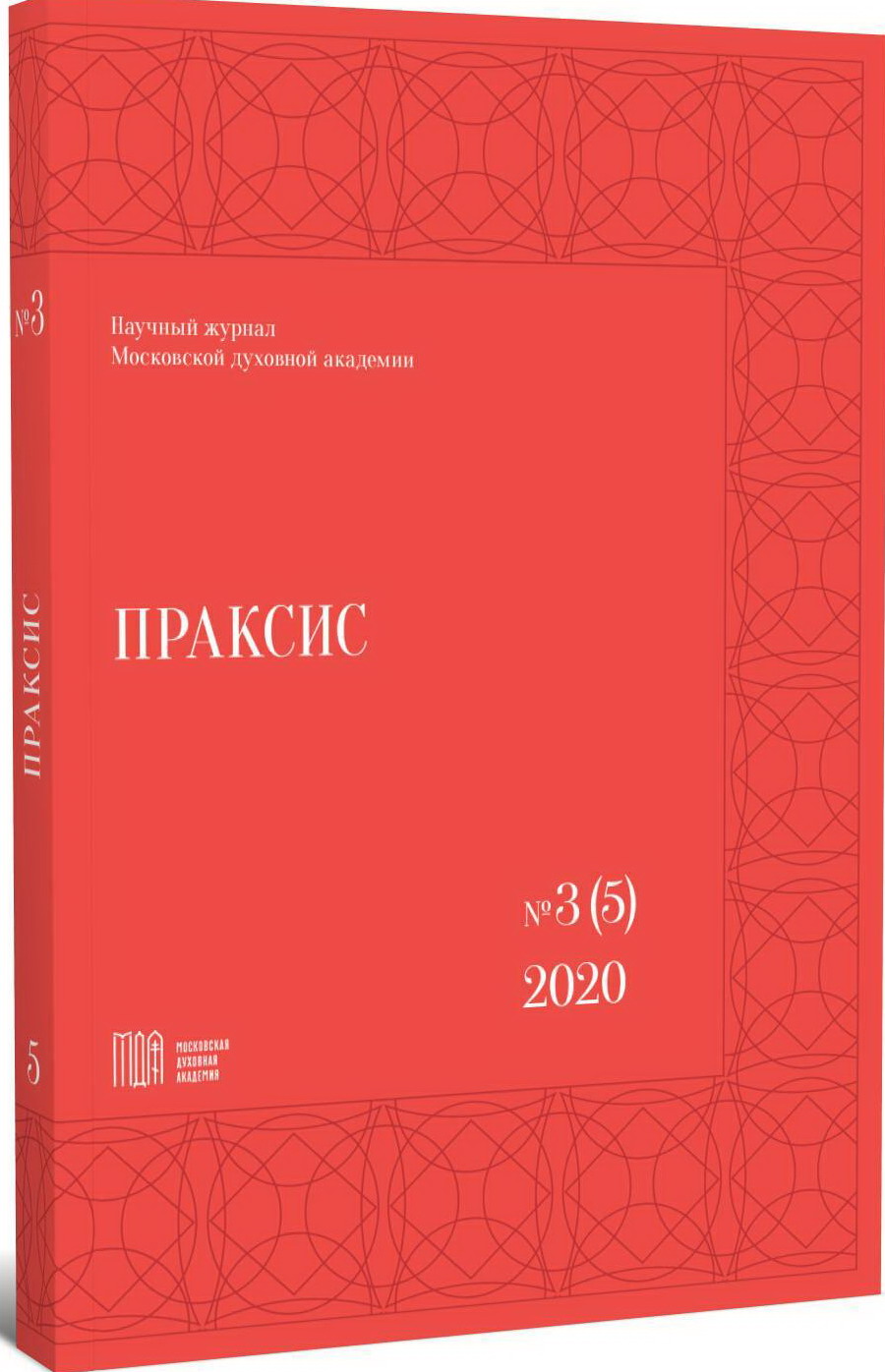The Specifics of the Christology of the Jehovah’s Witnesses Sect
DOI:
https://doi.org/10.31802/PRAXIS.2020.5.3.008Keywords:
atheism, theological doctrine, heresies, Jehovah, false prophets, Holy Scripture, Septuagint, Triadology, Church, Yahweh, paganismAbstract
Following the path trodden by the holy fathers, «philosophizing theologically»,
the author analyzes the main provisions of the Christology of the Jehovah’s Witnesses sect, refuting
them with the truths of the Orthodox teaching about Christ formulated by the holy fathers and expressed
in the dogma of the IV Ecumenical Council. For Jehovah’s Witnesses, who falsely speculate
about Christ, the mystery of the Holy Trinity, which is revealed only in the Church of Christ, is also
unacceptable. The author dwells on the defense of Orthodox triadology from their attacks, subjects the naming of God «Jehovah» to a theological and philological analysis. For Jehovah’s Witnesses,
Christ is not God, but man — the mediator between God and the «witnesses», that is, members of
the sect, in the establishment of the theocratic kingdom, the prototype of which was the earthly
kingdom of Israel. In fact, the preaching of Jehovah’s Witnesses turns out to be the preaching of
atheism, for, according to their teaching, God does not save, and salvation is only in the man Jesus.
The Christology of Jehovists is primitive, their arguments are devoid of theological depth, nevertheless,
the problem of protecting the Christological dogma of the Council of Chalcedon from the
attacks of Jehovists and all those who deny the mystery of the Holy Trinity and the Incarnation is
relevant at all times, since it is not only about refuting their delusions, but mainly, on the statement
of a vital soteriological thesis: God became human so that man might be deified.
Downloads
References
Андрей Кесарийский, архиеп. Апокалипсис. СПб.: Изд. П. П. Сойкина, 1910.
Афанасий Великий, свт. Творения. Ч. 3. Сергиев Посад: СТСЛ, 1903.
Василий Великий, свт. Творения. Кн. 4. Ч. 3. М., 1811.
Василий Великий, свт. Творения. Ч. 1. М.: Тип. А. Семена при Императорской Медицинско-хирургической академии, 1845.
Викентий Леринский, прп. Напоминан ия. Казань: Типо-лит. Университета, 1904.
Григори й Неокесарийский, свт. Творения. Петроград: Тип. М. Меркушева, 1916.
Киприан Карфагенский, сщмч. Письмо к Юбаяну // Киприа н Карфагенский, сщмч. Творения. Ч. 1. Киев: Тип. Г. Т. Корчак-Новицкого, 1891. С. 334–335.
Познание, ведущее к вечной жизни. Brooklyn (NY): Watch Tower Bible and Tract Society of Pennsylvania, 1995.
Следует ли верить в Троицу? Brooklyn (NY): Watch Tower Bible and Tract Society of Pen nsyl va nia, 1998.
Имена Божии // Еврейская энциклопедия. Т. 8. М.: Терра, 1991.
Карсавин Л. П. Святые отцы и учители Церкви . М.: МГУ, 1994.
Карташев А. В. Вселенские Соборы. М.: Республика, 1994.
Лосский В. Н. Очерк мистического богословия Восточной Церкви. Догматическое богословие. М.: Центр СЭИ, 1991.
Панайотидис П. Лжесвидетели Иеговы. Салоники: Православный Пчельник, 1997.
Спасский А. История догматических движений в эпоху Вселенских Соборов в связи с философскими учениями того времени. Т. 1. Сергиев П осад: М. С. Елов, 1914.
Тернер Ф. Опыт изъяснения на послание св. апостола Павла к Филиппийцам // Вера и разум. Т. 1. Ч. 1. Харьков: Тип. Губернского правления, 1892.
Успенский Л. А. На путях к единству? // Философия русского рели гиозного искусства XVI–XX вв.: Антология. М.: Прогресс-Культура, 1993. С. 350–374.
Флоренский П., свящ. «Не восхищение непщева» (Флп. 2, 6–8): к суждению о мистике.Сергиев Посад: Тип. СТСЛ, 1915.
Шмеман А., прот. Евхаристия: Таинство Царства. Париж: YMCA-press, 1988.
Published
How to Cite
Issue
Section
License

This work is licensed under a Creative Commons Attribution-ShareAlike 4.0 International License.







